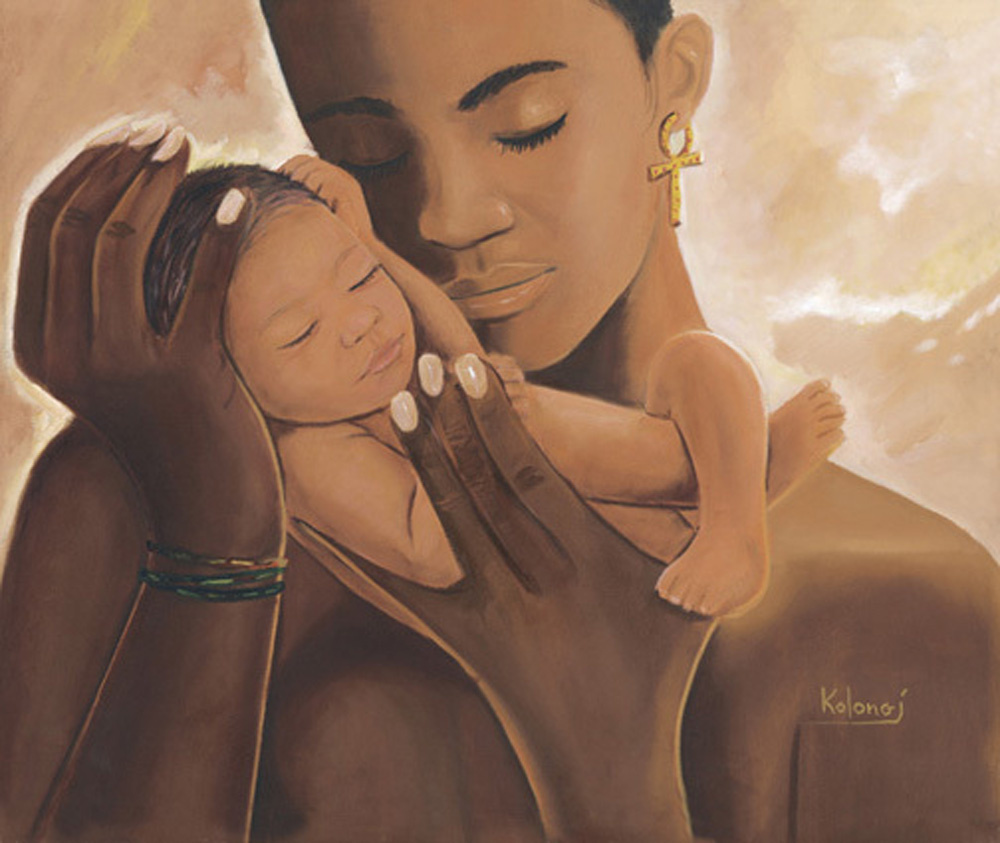
Our rituals and sacraments dramatise God’s active love.
It’s not uncommon for smarty-pants people to point out things that are not in the Bible. The word “bible” is not in the Bible. Neither is the word Trinity. This is no surprise since these are words given to literary and theological concepts that already existed. I’ve heard some cleverly make the point that the Bible doesn’t say, “Jesus loves you,” a common phrase shared with children. …No. It doesn’t say those three words explicitly. But Psalm 86 talks about God abounding in steadfast love. The Gospel of John talks about how “God so loved the world.” And Jesus says in that same gospel, “As the Father has loved me, so I love you” (John 15:9). I’m not sure what these people are talking about.
But it’s not so much the explicit words of Jesus. As Ignatius says, love is shown more in deeds than in words. Jesus reveals the love of God through profound action. He heals strangers, touches the sick, embraces people, speaks truth, and forgives. He is nailed to a cross and we are saved. Our liturgies and sacraments dramatise this action. They’re palpable. Love is lived.
For those of us who have experienced the genuine love of a parent or a child or a friend or a lover, knows this truth. The words of love are incomplete without an action, a kiss, an embrace, the giving of a gift. A birthday celebration seems incomplete without a cake or a gift. A wedding seems incomplete without the ring or the kiss, or even the celebration afterwards. Sacraments, as encounters with God’s love, require both word and action. Bread broken, water poured, forehead anointed. These are not just superficial gestures, but point to something deeper. A gift for a friend or holding your spouse’s hand is not just social protocol, but an avenue of love’s expression. The externals point to the mystery.
In recent years, thanks to the book The Five Love Languages, emphasis has been put on the value of actions of love. Each of us experiences love differently: sometimes it’s through Words of Affirmation, sometimes it’s through Gifts. My wife’s love language is Quality Time. There is also Physical Touch and Acts of Service. I show my love to my wife not just by telling her I love her but by the action of hanging out with her, listening, conversing, and playing board games. Here are ways God expresses love to us through the Five Love Languages:

Jesus uses touch as a way to love.
Words of Affirmation
Yes, scripture does not say, “Jesus loves you,” but throughout the Bible are beautiful words of love from God. Read the Psalms or the love poetry of the Song of Songs. “Ah, you are beautiful, my love; ah, you are beautiful; your eyes are doves” (Song of Songs 1:15). Jesus offers words of peace and hope. He tells us that we can lay our burdens on him, a sign of true love.
Acts of Service
Most of Jesus’ ministry was acts of service, through healing, forgiving, and feeding. He called his disciples to go out and make disciples of all nations. This was done through active ministry and the care of people who were sick or hungry or needy. Jesus’ love was made very visible through his acts of service.
Gifts
As Ignatius says, God is continuously giving God’s self to us by labouring through creation. Jesus gives himself to us on the cross and in sacraments. Each day God gives us graces, free gifts that draw us closer to the divine and call us to wholeness. Ignatian spirituality calls us to open up our awareness to these gifts that surround us constantly.
Quality Time
Quality time is all about relationship. Jesus did not seem to want to be isolated from people. He listened and spoke with all kinds of people, regardless of who they were. He invited people around the table to share a meal. And through salvation history God continuously tried to bring people together. If only our churches valued this quality time more!
Physical Touch
God touches us through the sacraments, which often involve a physical gesture. The embrace or kiss from another is an encapsulation of love. And, as John says, God is love. Science tells us how important physical touch is for the proper development of babies. Jesus himself was not afraid to touch people as a sign of love.
Discover what your love language is and then pay attention to the ways God uses that to love you.
Related post:
- Read Alexander Garoutte reflect on how the Love Languages can help you “deepen your relationships and your awareness of God’s action in your life.”
Listen to the podcast version of this post…









I’m trying to listen to the podcast herein but not hearing anything..any tips how to access this podcast? Thanku
Wish to listen to this podcast,,,pls
The best way is to search “God In All Things” on your favourite podcast app. You can also click this link to the direct mp3: http://traffic.libsyn.com/godinallthings/Gods_Love_Languages.mp3